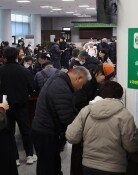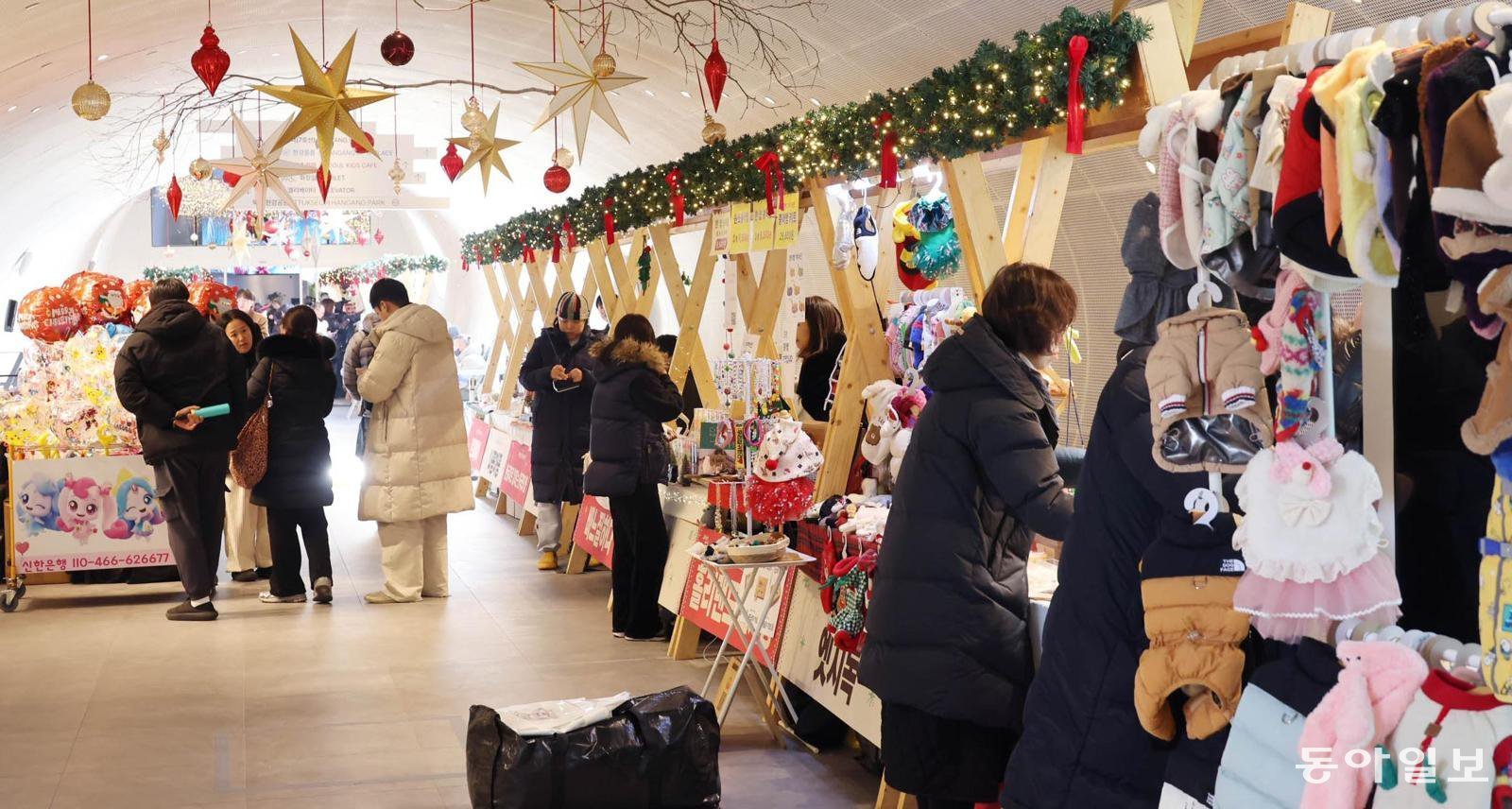The U.S. says GSOMIA is key for security in Northeast Asia
The U.S. says GSOMIA is key for security in Northeast Asia
Posted November. 13, 2019 07:42,
Updated November. 13, 2019 07:42
Making his first overseas trip to the Indo-Pacific region on Monday, Chairman of the Joint Chiefs of Staff Mark Milley said that an intelligence-sharing pact between South Korea and Japan is key for security and stability in the region and the only countries well served by a falling out between South Korea and Japan are North Korea and China. “Average Americans looking at the forward deployed U.S. troops in South Korea and Japan ask fundamental questions: Why are they needed there? How much does it cost? And why these wealthy nations cannot defend themselves?” said the U.S. highest-ranking military officer.
Chairman Milley and U.S. Defense Secretary Mark Esper are visiting South Korea Wednesday and Thursday, respectively, to attend annual meetings with their South Korean counterparts. Their visit is followed by last week’s visit by four senior U.S. State Department officials, which are all intended to push Seoul to keep the GSOMIA and increase its share of defense costs. The issues of the GSOMIA and defense-sharing costs are not the official agendas at the Military Committee Meeting (MCM) and the Security Consultative Meeting (SCM) slated to be held on Thursday and Friday, respectively. But the issue of the GSOMIA could put other unresolved issues between South Korea and the U.S. on the back burner as the intelligence pact will expire in 10 days.
South Korea’s National Security Office chief Chung Eui-yong recently said that the issue of the GSOMIA is irrelevant to South Korea-U.S. alliance as it is something that should be resolved between South Korea and Japan. But the U.S. keeps highlighting that the GSOMIA is key for security in the region. Washington considers the GSOMIA as a key link for its Indo-Pacific Strategy as well as South Korea-U.S. alliance and trilateral cooperation among South Korea, the U.S. and Japan. Ending the intelligence pact would undermine its plans to turn bilateral alliances into multilateral alliances and assign bigger roles to each country.
In particular, Trump’s top military adviser said that “average Americans” ask fundamental questions about the costs of U.S. troops stationed in South Korea and the need for their presence. It is not likely that he had withdrawal of the U.S. forces in mind but his remarks should not be taken lightly considering President Trump’s past comments about pulling U.S. troops out of South Korea. South Korea is not in a position to ignore U.S.’ security initiative when it depends entirely on the U.S. for responding to threats from North Korea, especially in terms of nuclear umbrella. Attempting to do so would only invite security isolation.
The GSOMIA expires on November 23 at 12 a.m. but South Korea and Japan are waiting for the other to act first. The key is Japan’s change of attitude but South Korea cannot afford to sit down and do nothing. Following South Korean President Moon Jae-in’s brief talk with Japanese Prime Minister Abe Shinzo in Bangkok, diplomatic efforts are needed to make a breakthrough. This is the only way to maintain alliance for the sake of mutual interests and prevent the U.S. from pulling its troops out of Northeast Asia.
klimt@donga.com







